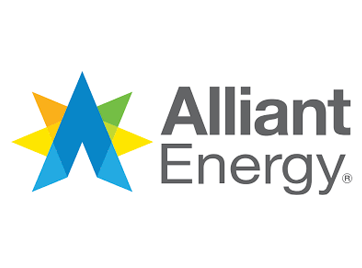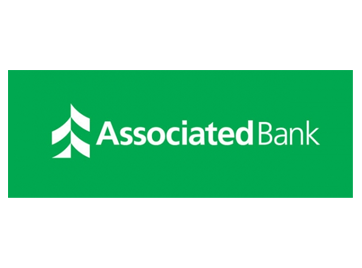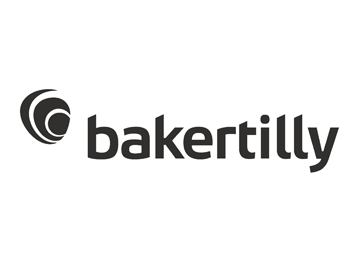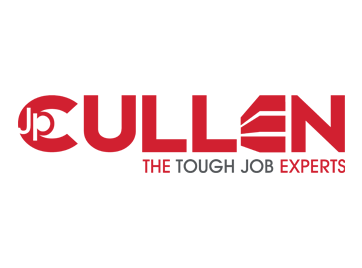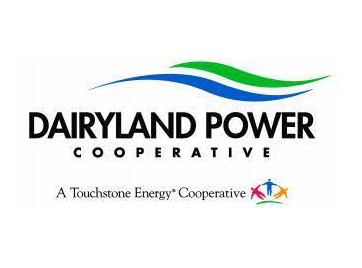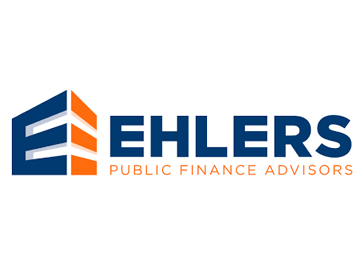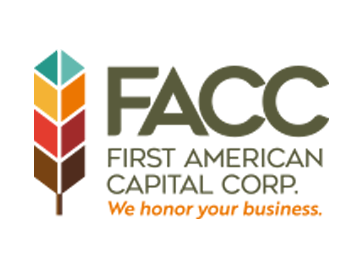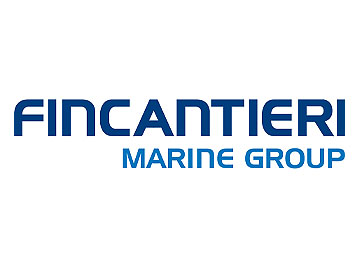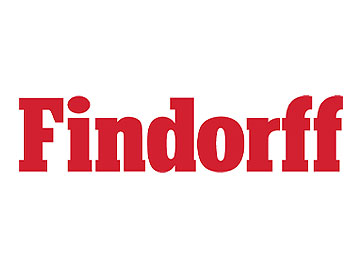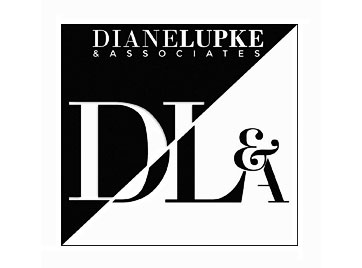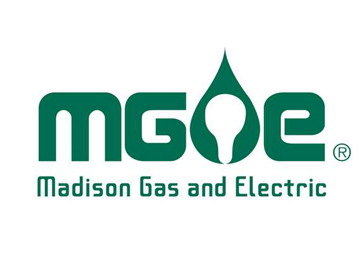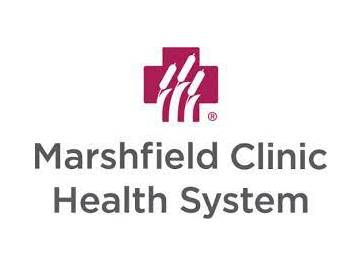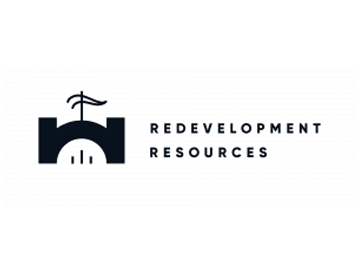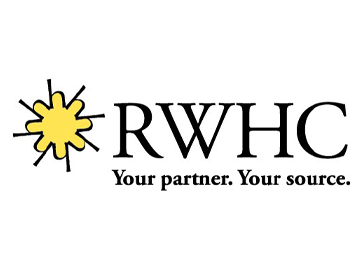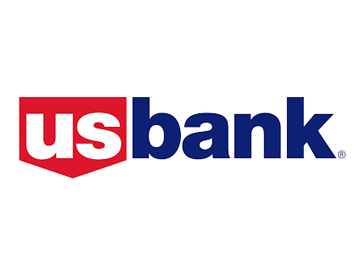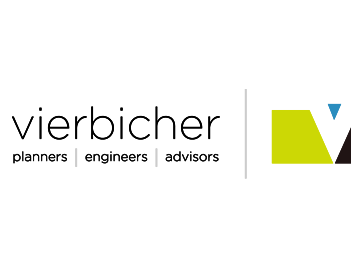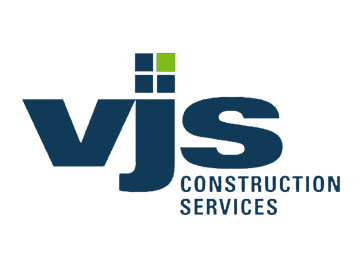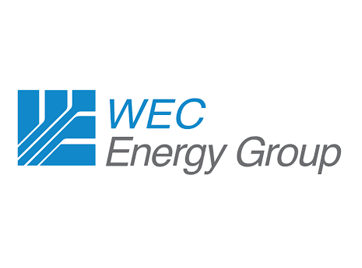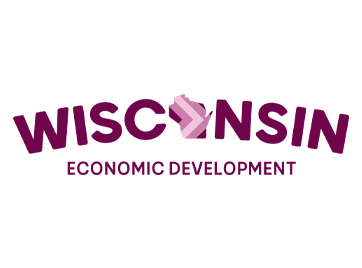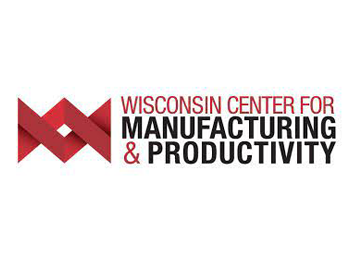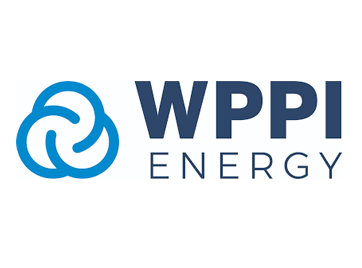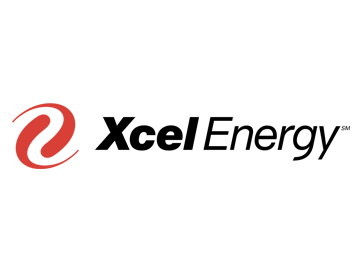WEDA Urges Congress to Enhance Opportunity Zones and Provide Business Liability Protections Amid COVID-19
The Wisconsin Economic Development Association recently submitted a letter to the state’s congressional delegation urging their support for several economic recovery proposals for inclusion in the next round of federal COVID-19 legislation, including Opportunity Zones enhancements, SBA loan program reforms and temporary liability protections for businesses.
Despite recent passage of a $3 trillion COVID-19 stimulus bill, known as the HEROES Act, by the U.S. House of Representatives, the Senate has shown no interest in taking up the legislation. The GOP-led Senate appears uncomfortable with such a large spending package and is looking at a much narrower proposal. While both houses appear to embrace making improvements to the Payment Protection Program, several main sticking points remain between Republicans and Democrats, including additional aid to states, the extension of supplemental unemployment benefits and business liability protections.
In our May 15 letter, WEDA urged Congress to support the following provisions as part of a comprehensive, nationwide economic recovery plan:
- Opportunity Zones Regulatory Flexibility: The Tax Cuts & Jobs Act of 2017 created Opportunity Zones to spur investment and development in distressed communities across the country. Although Opportunity Zones are a powerful economic development tool, the COVID-19 pandemic has cut off readily available access to private capital. As a result, these non-fiscal proposals are needed to encourage greater capital investment in Opportunity Zones and help jump start economic development in Wisconsin:
- Extend the maximum Opportunity Zones tax liability reduction to June 30, 2021
- Establish a broader Opportunity Zones-related definition of eligible investors
- Expand options to invest in Opportunity Zones-related businesses and properties
- Paycheck Protection Program (PPP) Amendments: Implement the following changes to the PPP that are included in the HEROES Act:
- Expand PPP eligibility to include 501(c)(6) tax-exempt organizations. This provision is critical, as it would provide economic development organizations, chambers of commerce and business trade associations with needed funding to remain operational and continue to assist businesses during the COVID-19 recovery.
- Extend the PPP covered period from June 30, 2020 to December 31, 2020.
- Eliminate the current 75/25 rule on use of forgivable loan proceeds.
- Establish a minimum maturity on PPP loans of five years.
- Establish broad safe harbor laws to limit liabilities for businesses that adhere to official public health recommendations and safety guidelines for employees and customers. These civil liability protections, which should not be extended to businesses engaging in willful misconduct or reckless behavior, is critical to provide certainty to businesses operating in extraordinary times and protect them from frivolous and costly lawsuits.
- Creation of a grant program administered by the Economic Development Administration to provide essential operational funding for local and regional economic development organizations. Funding for economic development organizations is in jeopardy, and this grant program would help keep their doors open as they work to rebuild the nation’s economy.
- Implement the changes to Small Business Administration (SBA) 504 Loan Programs that were included in the HEROES Act passed by the U.S. House. These changes include a temporary elimination of 504 loan fees, permanent modifications to the 504 Debt Refinancing without Expansion Program to improve small business access to affordable capital and increasing the maximum amount of 504 loans.
WEDA will continue to engage with Wisconsin’s congressional delegation and advocate for these important policies as Congress debates the next round of COVID-19 relief legislation.


